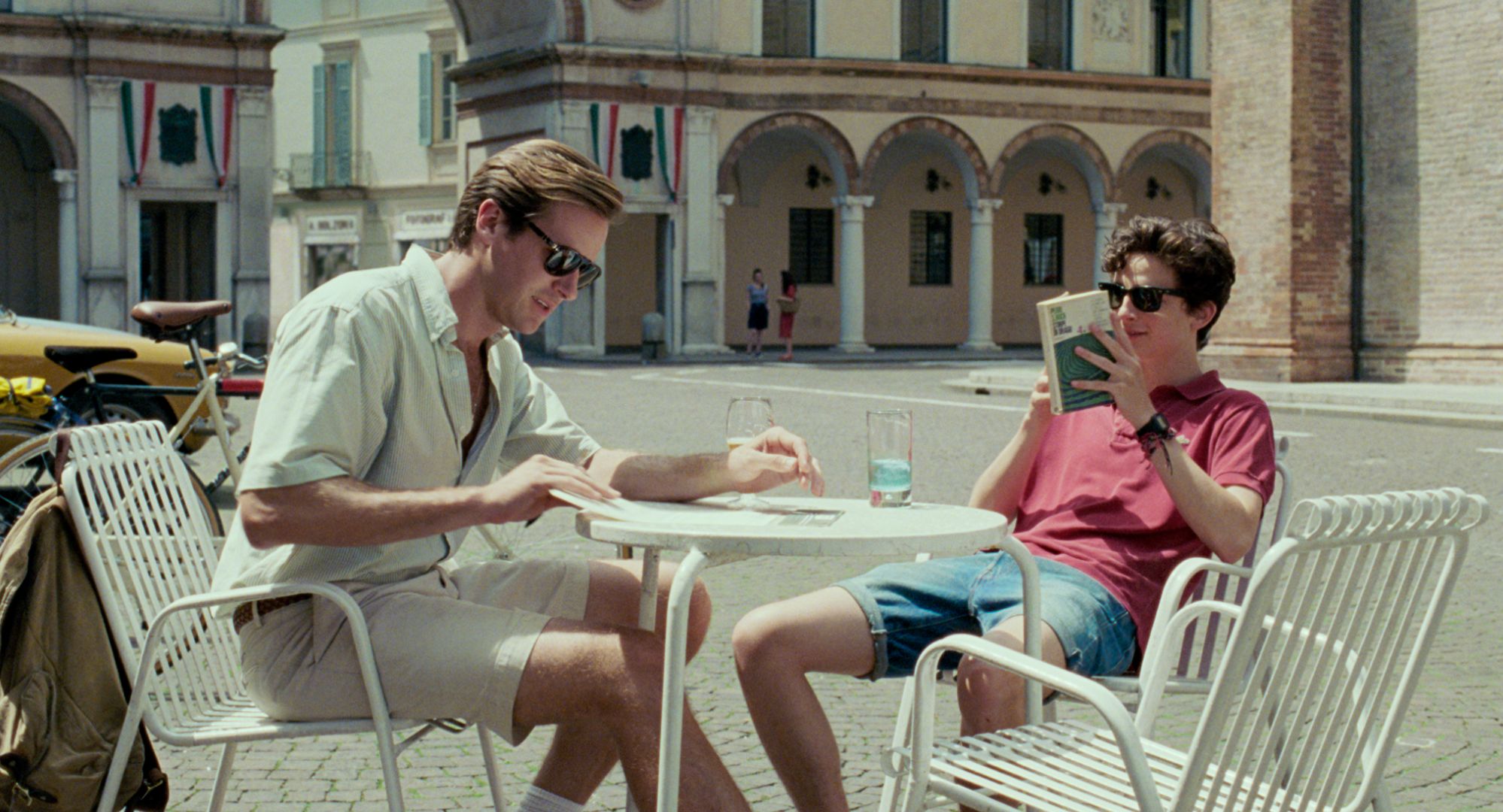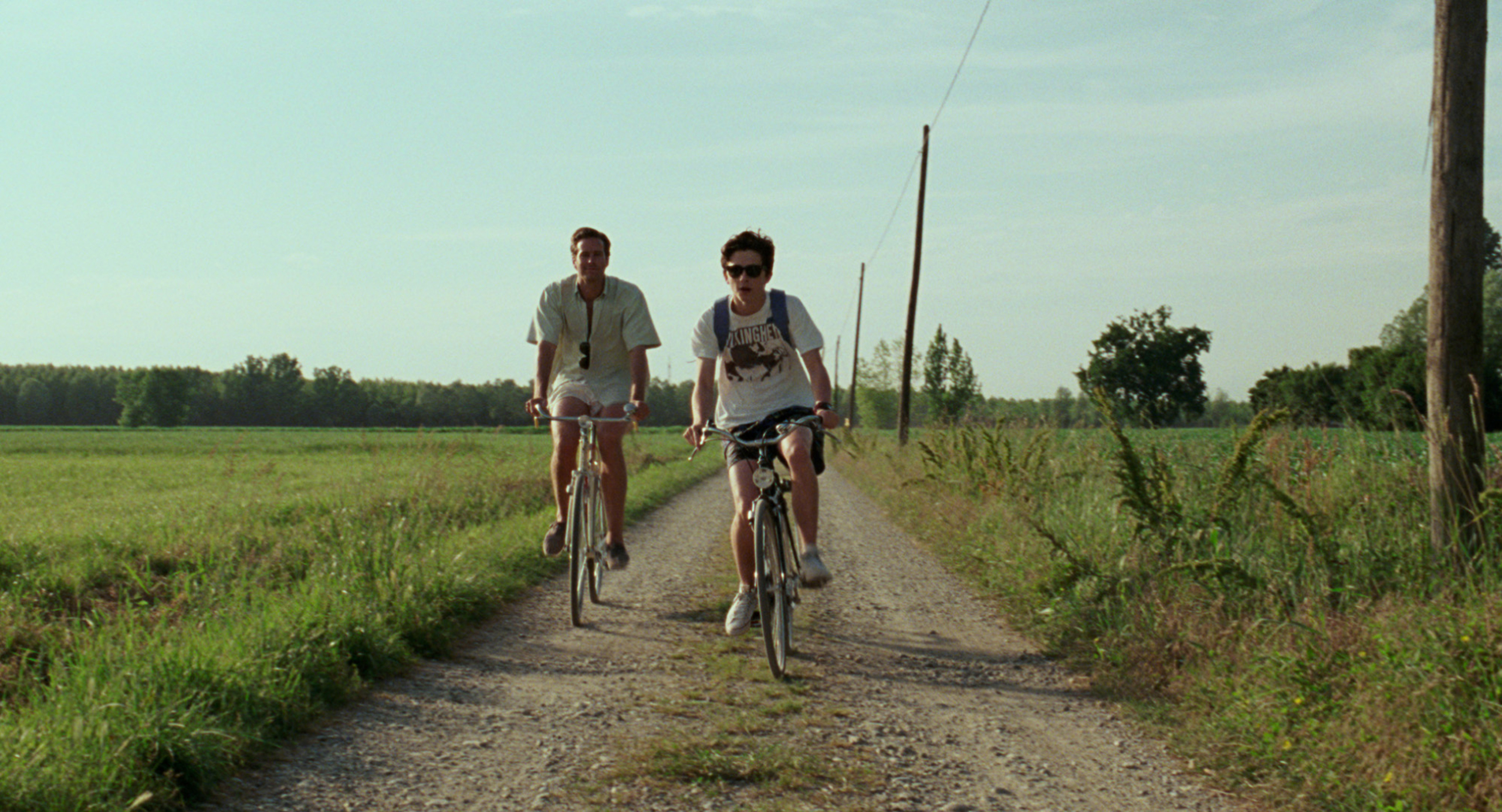IN MY MEMORIES, THERE IS SNOW – A LIFE TOLD BY ANDRÉ ACIMAN, WHERE LOVE KNOWS NO TIME AND DESIRES TASTE OF LONGING
Project by
Niccolò Lapo Latini @niccololapolatini
ANDRÉ ACIMAN, New York, 8th January 2025 // Back in his Manhattan apartment after a whirlwind tour across Europe for the release of My Roman Year // Now setting his sights on new destinations—Jaipur, Andalusia, South America, and Phoenix, Arizona. His preface to Tondelli’s Camere Separate has recently graced the pages of both the UK and US editions.
In my first year in Milan, I lived in solitude—an escape of sorts after high school, and I knew no one. The months passed in silence, a winter spent wandering the grand, noisy city, walking aimlessly. I didn’t take the public transport; I believed that walking would make time go by faster. Then one day, I met her. She took me to the countryside for the first time. I remember waking up at dawn, the cold morning, the fog, and the old train that slowly carried us to Crema. I would arrive at her house when the sun was already high in the sky. She showed me the woods, the churches, the yellow bricks, the elderly people’s bicycles, the children’s ice creams, the green fields, the streams, the frogs, and the fragrance of flowers. As we ran together through the narrow streets of the village, we encountered an Italian director and a young boy. To his right, seated on a wooden chair, the boy was reading a script, while the crew prepared the set in the corner of the town. She said to me, “One day, we’ll watch it together when it’s finished, and we’ll remember these sunny days of love.” When the film was released, I had lost contact with her, but I watched it. And with it, I carried memories, and with it, I carried tears. If I close my eyes now, I can still hear the birds chirping in the public gardens of Porta Serio, the bells of Santa Maria Assunta, and her voice. The director was Paolo Sorrentino, the boy was Timothée Chalamet, and the author of that dream, here with us today, is André Aciman.
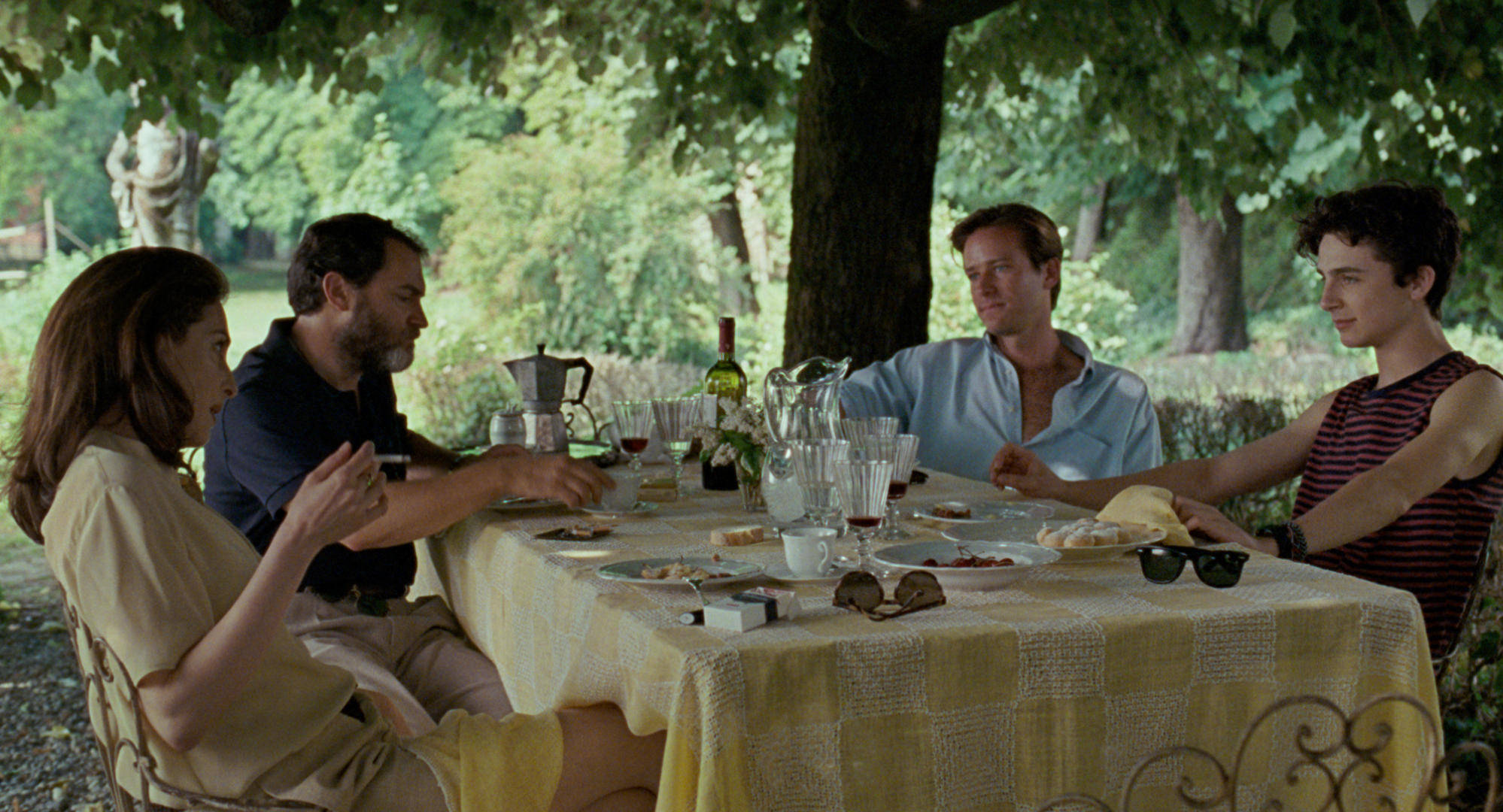
Call Me By Your Name_Courtesy of Sony Pictures Classics.
Your novel Call Me by Your Name was originally set in Bordighera, near Genoa, but the movie was filmed in Crema. What was your first impression when you saw the film, and how did you feel about the differences between the book and the adaptation?
That’s a good question. When the film was being shot, I was invited to visit the set. I planned to stay for only two days since I had no experience with movies and didn’t expect much. But when I arrived, they needed someone to play a small role because the original actor couldn’t do it, so they asked me. I agreed, and they told me my scene partner was the producer of the movie. We dressed up in strange clothes, did the scene, and that was it. Later, when the film premiered at Sundance, I was invited to attend, but I didn’t want to go. Sundance is crowded and cold, and I figured I’d just wait for the DVD release. But then I started receiving texts saying the movie was a huge success, and I regretted not going. I eventually saw it for the first time in Berlin, knowing nothing about it. And I loved it. The key scenes from the book were almost verbatim in the film. Naturally, I’m biased toward the book, but I was flattered. I even told Luca Guadagnino that the film’s ending was better than the book’s. The father-son conversation was, in my opinion, one of the greatest scenes in cinema.
You later wrote Find Me, the sequel. Did you always plan to continue the story, or was it a later decision?
No, I didn’t plan it at first. But the characters stayed with me, and I wanted to explore them further—especially the father. Still, I struggled to write a sequel and gave up for a while. Then one day, I was on a train from Bordighera to Bogliasco and met a wonderful woman. I was already working on another book, but I stopped and began writing Find Me right there on the train. The idea of an older man meeting a younger woman on a train became irresistible. But now, I don’t want to write about Elio and Oliver anymore. Basta! Their story has already been told. Find Me focuses on something else—another journey.
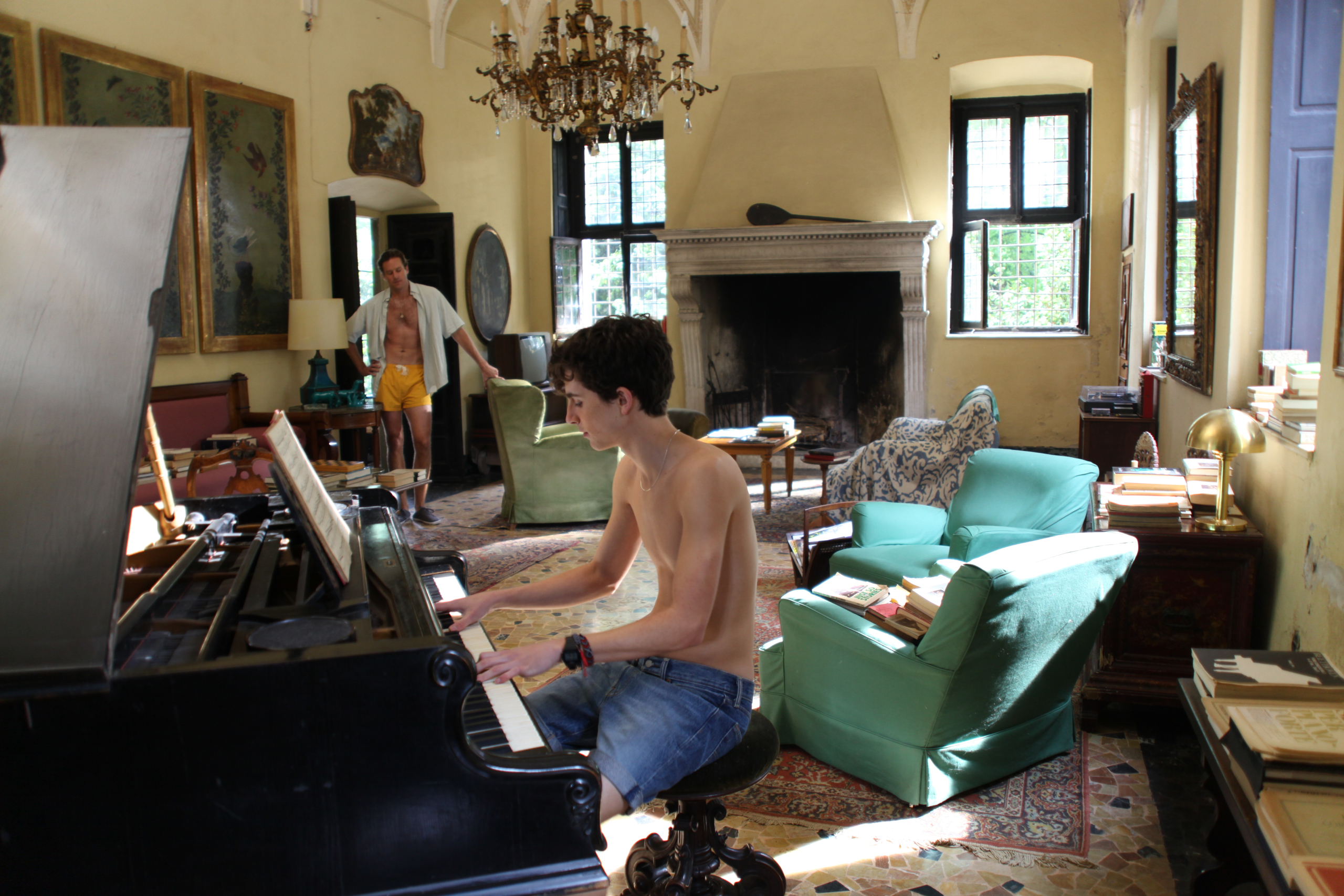
Call Me By Your Name_Courtesy of Sony Pictures Classics.
A recurring theme in your books is the dynamic between an older figure and a younger one. Your love stories also never have definitive endings—there’s always an open door. Do you think the relationship between an older and younger person is important for personal growth?
That’s true. I don’t like writing about relationships once they’re established. I’m more interested in the tension leading up to them. Once a couple settles down, life becomes about mundane things—folding towels, doing laundry. That doesn’t interest me. I need difficulty in relationships, whether between two men, two women, or any combination. If there’s no obstacle, I don’t understand the relationship. Eight White Nights is an example—even though the couple is experienced, it takes them eight nights to finally be together. In my stories, the younger person usually initiates the relationship because they are drawn to the older figure. But I believe there is a mutual exchange—both sides gain something valuable. My books are about desire.
Recently, at the Cannes Film Festival, Paolo Sorrentino said he was always fascinated by older people when he was young. Now that he’s older, he prefers telling stories about younger people. Do you relate to that?
I’ve always been interested in younger people, but I also want to understand the wisdom that comes with age. In my current novel, I explore a dynamic where the younger person has more knowledge of sexuality than the older one. There’s a balance to be found—just as fathers seek sons and sons seek fathers.
I’ve heard rumors that more of your work is being adapted for film. Is that happening?
There’s talk. The Gentleman from Peru might be filmed, and Enigma Variations could become a TV series. But as my agent says, “Until the camera rolls, it’s nothing.”
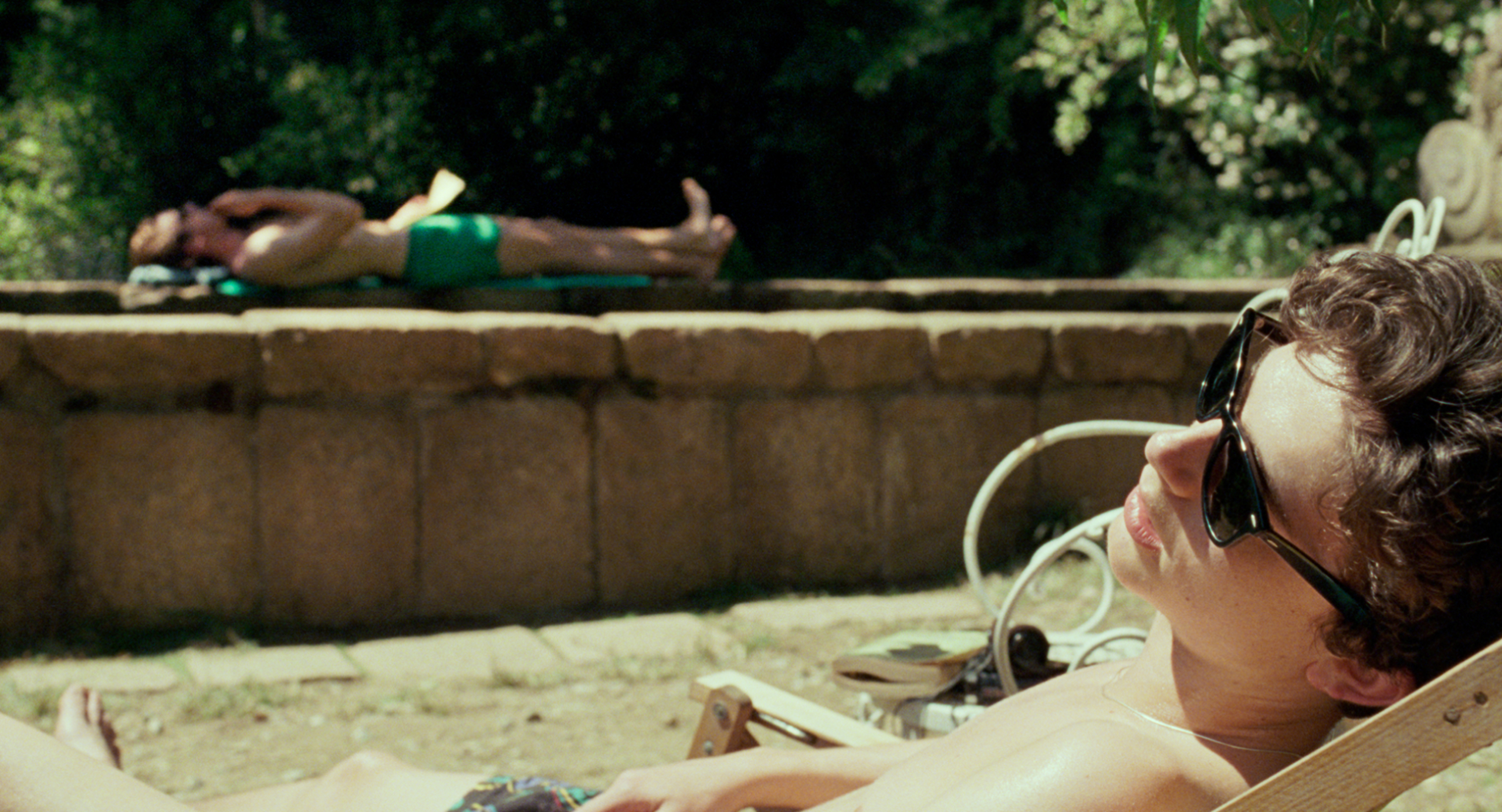
Call Me By Your Name_Courtesy of Sony Pictures Classics.
And about My Roman Years—after all these years and stories, how do you see Italy as a home?
I don’t have a real home. I’ve lived in Manhattan for 50 years, but is it truly my home? Egypt isn’t my home either. Italy, however, has always drawn me back. I return at least once a year. It calls to me. That said, I adore Sicily, but could I live there every day of my life? I don’t think so. . After a month in Rome or Milan, I start to feel that I don’t want to become a citizen there—I prefer being treated as a tourist. The moment that distance disappears, I feel like I’ve become just another local. For a long time, I fantasized about moving to Bordighera, a town I adore, where people are very kind to me. But would I want to spend a winter there? Again, I don’t think so. Egypt is out of the question because it has changed so much that I no longer recognize it. Paris? It’s an option, but I don’t want to live in France. Or England. So I just stay in New York. When I travel, I want the privilege of being a stranger. I don’t like being treated as just another local.
Today, I read something… “When you’re young, you have energy and time, but no money. When you’re an adult, you have energy and money, but no time. When you’re older, you have time and money, but no energy.” What do you think about that?
It’s true. But there’s one thing missing—older people are not dead yet. We still feel. Sometimes, I feel like a 12-year-old. I still don’t know so many things, and I still take pleasure in life. If I see a beautiful woman on the street, I turn around—not out of habit, but because she deserves a second look. As long as I feel that curiosity, that spark, I am alive. Age is a problem, of course, but it’s not necessarily defining. I don’t want it to be.
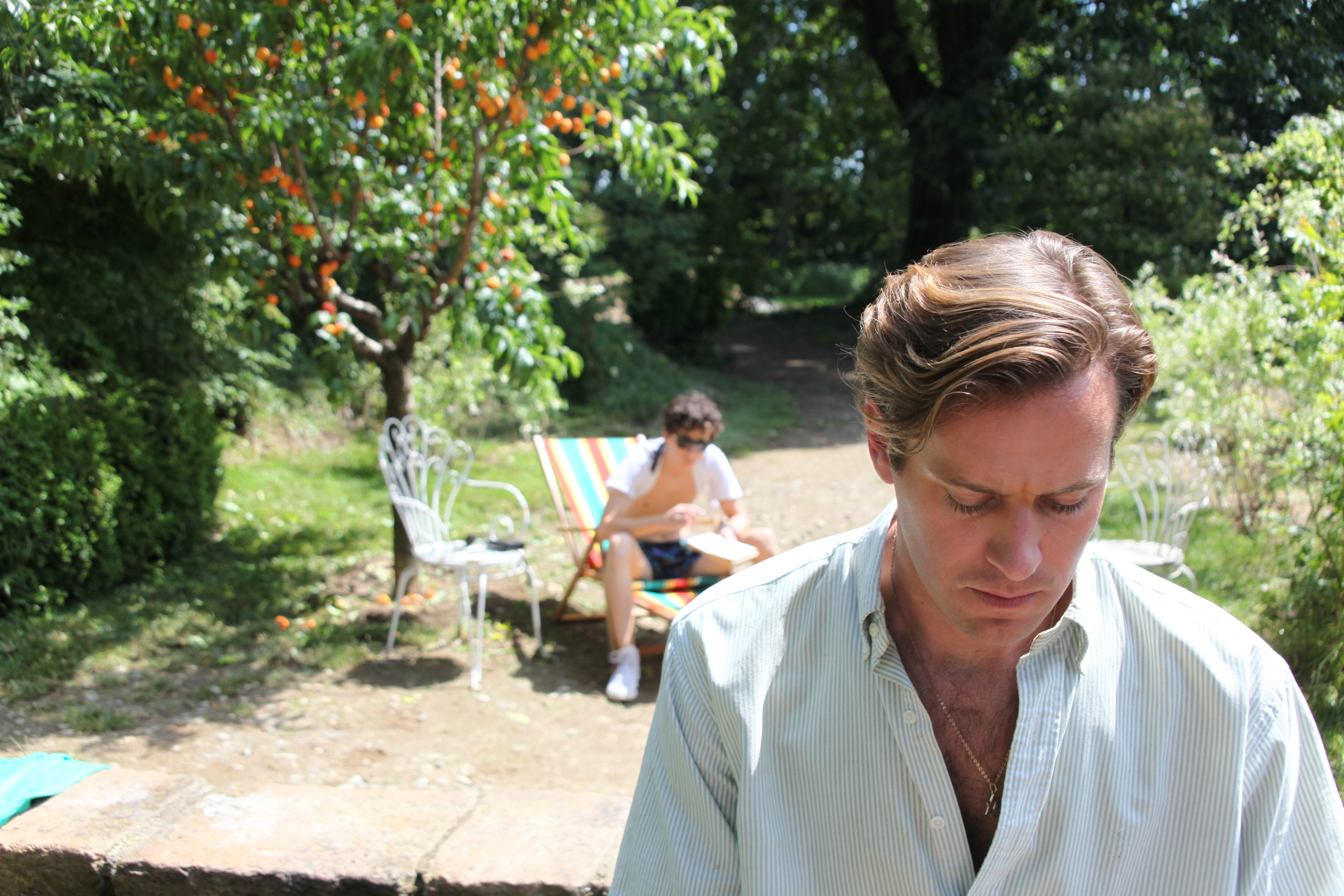
Call Me By Your Name_Courtesy of Sony Pictures Classics.
Many young people, myself included, struggle to imagine their lives beyond 40. We think of our prime as 25 to 40, and beyond that, we can’t picture anything—not in work, relationships, or personal fulfillment. It’s as if, mentally, life is already over. Do you think that’s true?
Yes, I felt that way too. I never imagined getting married, having children, or watching them go to university. I didn’t care. I published my first article when I was almost 40. I wrote Out of Egypt after 40. I wrote Call Me by Your Name in my mid-50s. It’s not over. Life doesn’t stop. But you do make compromises. With age, you start to understand what you like and what you don’t, what is truly for you and what isn’t. That’s the real secret of aging.
One book and one movie that you will carry with you forever?
The movie is easy: My Night at Maud’s by Éric Rohmer. I’ve written about it before—it changed me in ways I can’t even fully explain. As for the book, that’s harder. But if I had to choose, it would be The Peloponnesian War by Thucydides. It’s my favorite book, more than Proust, because it tells a story of human stupidity and bad judgment. I first read it in my early 20s, and I still keep that same copy with great care and affection. It’s always there.
